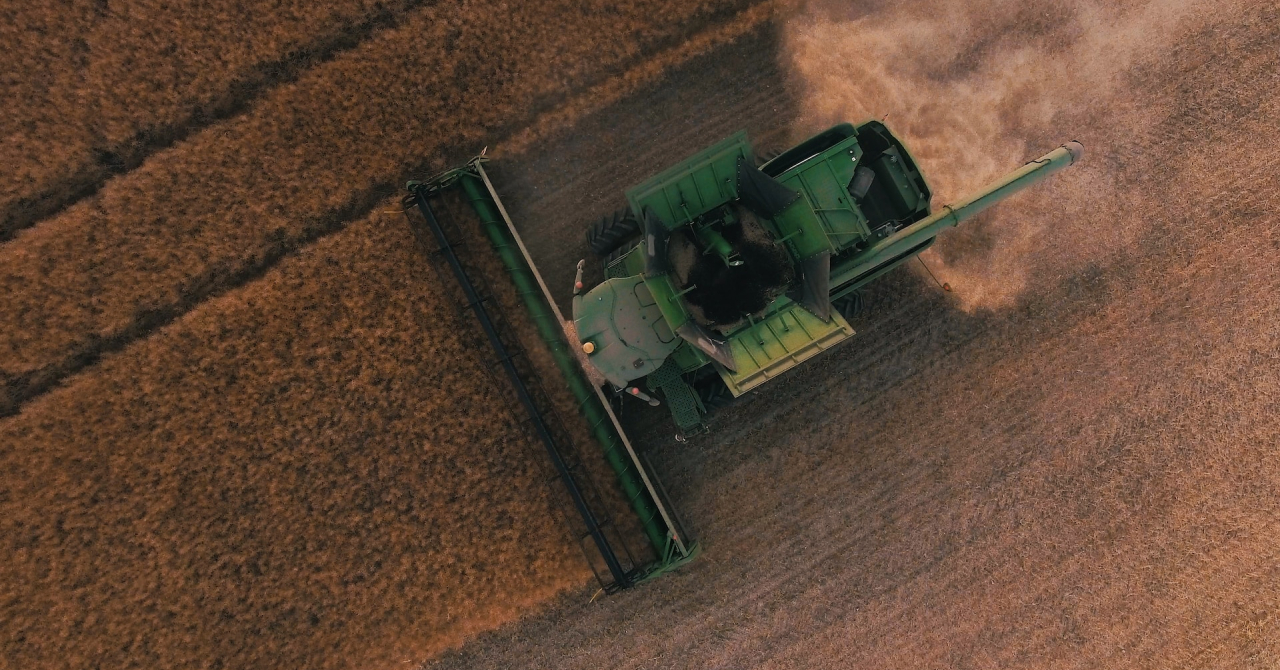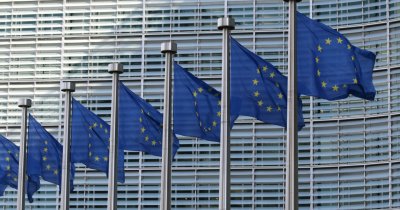Fast Company reports that the Biden-Harris administration plans to spend 3.1 billion USD on solutions to decarbonize farming, but most of these are said to be focusing on carbon capture and offsets. Thus, the bigger issue, namely the use of polluting fertilizers and livestock aren't addressed nearly enough.
Experts say that about half of farming's emissions come from using too many nitrogen-based fertilizers, which can be as much as 300 times more potent when it comes to warming the planet compared to carbon dioxide over the course of 100 years.
Cover crops, used to maintain the health of the soil when it isn't used for growing vegetables, for example, doesn't capture as much carbon as it was initially believed. At the same time, some farmers could be tempted to use more farming land as a compensation for the initial loss in productivity, caused by switching to more environmentally-friendly farming practices.
Out of all of the US' farming emissions, 44% come from livestock, more specifically from poor management of animal manure and cattle's ability to release methane.
It's important that people at home also address how much they eat, what food they consume and how much they throw away, as these also being part of the bigger problem. Just in America alone, 30-40% of the food ends up unconsumed in landfills, turning into methane emissions, which is why buying only as much as we need can be a major contributor to better food system practices.
 Mihai - Cristian Ioniță
Mihai - Cristian Ioniță












Any thoughts?